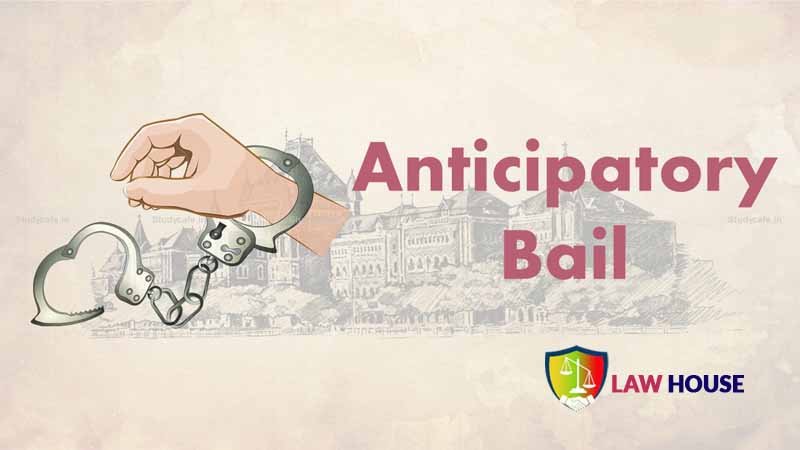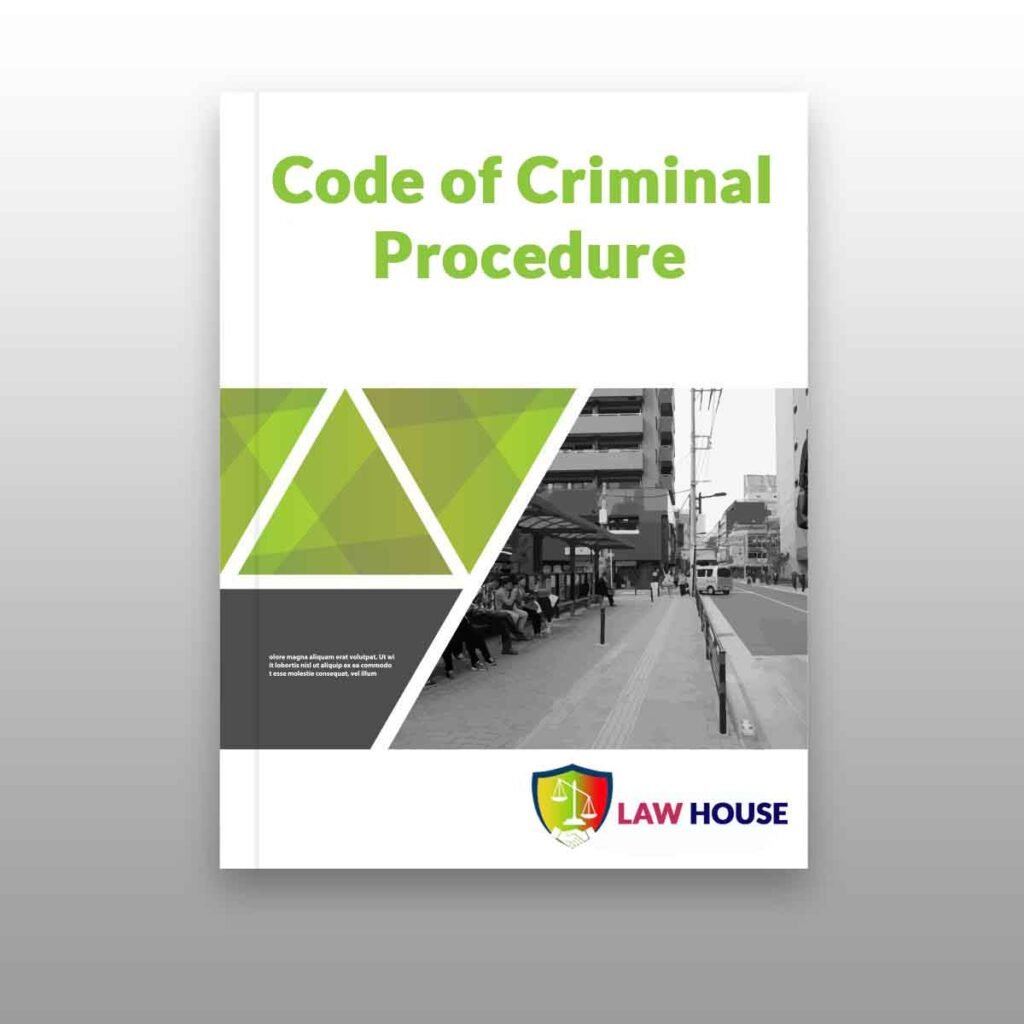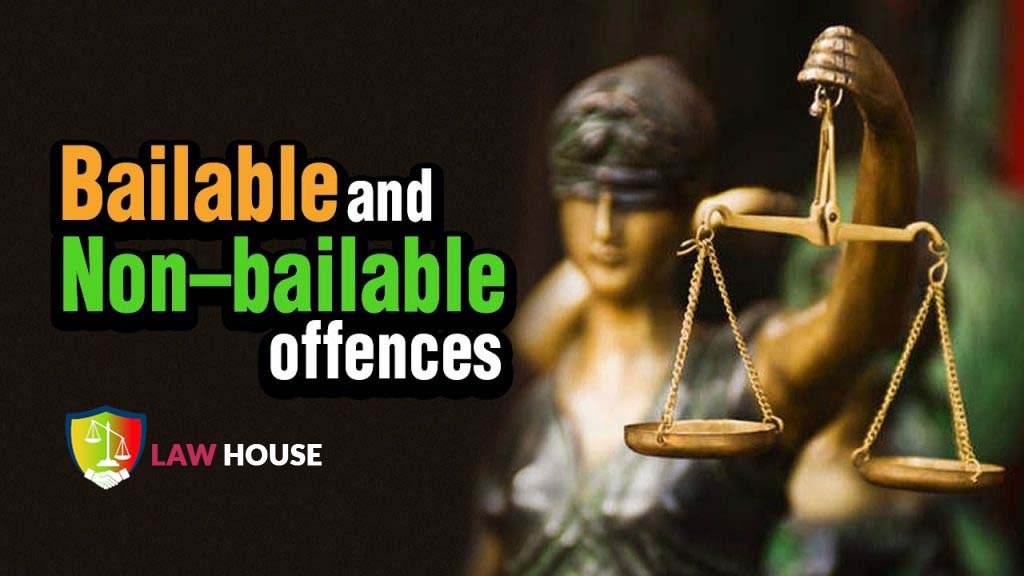This article will guide you how to file an anticipatory bail application before the concerned court. A sample format is given here, but before that let’s discuss what is Anticipatory Bail and which condition the court can grant anticipatory bail. TO know about more regarding anticipatory bail read the below article also…

Follow this Step By Step Guide on How for Anticipatory bail for Begineers.
What is Arrest?
An arrest is the act of capturing or detaining a person and taking them into custody, usually because they have been doubted of committing or planning a crime. The object of arrest of the accused person is primarily to secure his appearance at the time of trial and to ensure that in case he is found guilty he is available to receive sentence.
When a person can file for an Anticipatory Bail Application?
When any person has a reason to believe that there is a chance to get him arrested on false or trump up charges, or due to enmity with someone, or he fears that a false case is likely to be built up against him, he has the right to move the court of Session or the High Court under Section 438 of the code of Criminal Procedure for grant of bail in the event of his arrest.
Where to apply for Anticipatory bail?
The person apprehending arrest can move an application seeking anticipatory bail to the High Court or the Court of Session, seeking that in the event of such arrest, he be released on bail.
When can the court grant Anticipatory Bail?
- No custodial interrogation of the accused is required.
- No recovery is to be affected by the accused.
- The nature and gravity of the accusation are not very serious.
- No prima-facie case is made out against the alleged accused.
- No other case is pending against the accused.
- Arresting the accused will humiliate or malign his reputation.
- The accused is not likely to abscond from the country.
- The accused will not interfere in the investigation to be conducted by the Police
- The accused will not temper any evidence that can be used against him by the prosecution.
- The accused will join the investigation and fully co-operate with the investigation agency.
Conditions:
- that the applicant shall make himself available for interrogation by a police officer as and when required;
- that the applicant shall not, directly or indirectly, make any inducement, threat or promise to any person acquainted with the facts of the accusation against him to dissuade him from disclosing such facts to the Court or any police officer;
- that the applicant shall not leave India without the previous permission of the Court; and
- such other conditions as may be imposed under sub-section (3) of section 437 as if the bail was granted under that section.
What is the procedure?
As per Section 438 of CrPC contains express provisions for grant of Anticipatory bail. Download Code of Criminal Procedure Bare Act Free of cost from the below-mentioned link.
SAMPLE ANTICIPATORY BAIL APPLICATION FORMAT TO BE FILED BEFORE THE CONCERNED COURT
BEFORE THE CONCERNED COURT AT (give the name of the Concerned Court where the anticipatory bail application format India is being filed)
IN THE MATTER OF
STATE
VS
(Mention the name of the accused)
FIR Number: (Mention the FIR number)
Under Section: (Mention the sections under which the FIR has been filed)
Police Station: (Mention the name of the Police Station)
APPLICATION U/S 438 CRPC FOR GRANT OF ANTICIPATORY BAIL ON BEHALF OF THE ACCUSED ( name of the applicant of the bail)
MOST RESPECTFULLY SUBMITTED AS UNDER :-
- That the present FIR has been registered on false and bogus facts. The facts stated in the FIR are fabricated, concocted and without any basis.
- That the police has falsely implicated the applicant in the present case, the applicant is a respectable citizen of the society and is not involved any criminal case.
- That the facts stated in the complainant against the applicant are civil disputes and does not constitute any criminal offence at all.
- That the applicant is not required in any kind of investigation nor any kind of custodial interrogation is required.
- That the applicant is having very good antecedents, he belongs to good family and there is no criminal case pending against them.
- That the applicant is a permanent resident and there are no chances of his absconding from the course of justice.
- That the applicant undertakes to present himself before the police/court as and when directed.
- That the applicant undertakes that he will not, directly or indirectly make any inducement, threat or promise to any person acquainted with the facts of the case so as to dissuade him from disclosing such facts to the Court or to any police officer.
- That the applicant further undertakes not to tamper with the evidence or the witnesses in any manner.
- That the applicant shall not leave India without the previous permission of the Court.
- That the applicant is ready and willing to accept any other conditions as may be imposed by the Court or the police in connection with the case.
- That any other anticipatory bail application has not been filed by the applicant against the same FIR before any other court except for the present bail application.
- That all the documents filed before the court below are being filed along with the present application for anticipatory bail.
It is therefore prayed that the court may direct the release the applicant on bail in the event of his arrest by the police.
Any other order that the court may deem fit and proper in the facts and circumstances of the case may be also passed in favor of the applicant.
Can the anticipatory bail be cancelled?
The High Court or Court of Session may direct the police to arrest the person and cancel the anticipatory bail if it is brought to the notice of the court, either by the prosecution, through the police or the complainant or the witness, depending on the circumstances, that the person who had been granted anticipatory bail did not adhere to the conditions ordered by the Court.
Know the Bailable offence and Non bailable offence in India
Related Post:
-
Previous Post
What are the Rights of an Arrested Person ?




